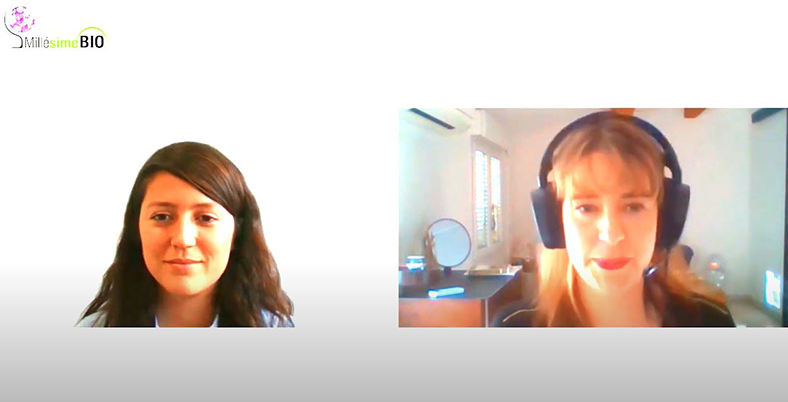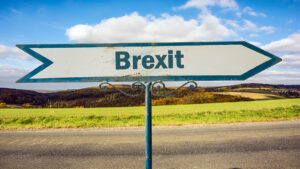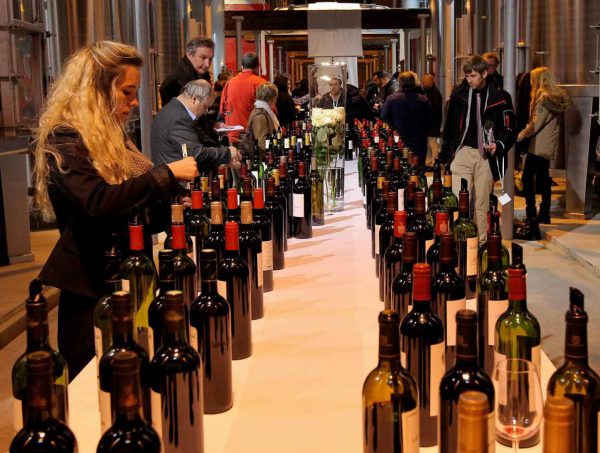
This year’s Millésime Bio (Organic Vintage) Festival took place online between the 25th and 27th January, and iDealwine joined the event to talk about organic wine on the internet. This was a chance to explore the place occupied by this kind of produce and the evolution we’ve observed.
iDealwine, an increasing penchant for organic, biodynamic, and natural wines
As you perhaps already know, iDealwine has two different modes of selling: online auctions – for which we are a global leader – and fixed price sales, in which we offer wines from over 700 partner domains as well as mature vintages sourced from private cellars. In terms of our auctions, whilst we can see that organic, biodynamic, and natural wines are finding more interest, it’s difficult to give precise figures due to the number of mature vintages concerned. This means that, here, we’ll just be referring to fixed price sales.
iDealwine is a generalist online wine seller, unlike some sites that are dedicated specifically to organic and/or natural wines. Nevertheless, we are increasingly leaning towards these kinds of cuvées and producers as time goes on. This is also the case for natural wines. So, how do we explain this attachment to certain kinds of viticulture and vinification? Let’s be frank, it comes in large part from the demand we’ve seen from clients, but aside from this being a business opportunity, the company founders have a personal interest in this kind of wine. This is an interest and curiosity shared by the team, many of whom belong to a generation of highly conscious of environmental questions. All in all, organic, biodynamic, and natural domains have always been well-viewed in our choice of partner wineries, and this is only increasing!
Of course, what we’re always essentially looking for is good wine, and we want to give clients as many details as possible about a cuvée or producer so that they can make an informed decision. We’re committed to describing all we can about the work of each vigneron in their vineyard and their winery, having a chat with them of possible so that we can get answers to our burning questions. These close relationships also allow us to identify wine makers as ‘eco-friendly’, meaning they don’t carry a specific label or certificate, but they limit additives and pesticides on their vines, for example. We find that some producers follow biodynamic criteria without laying claim to the official certification, and we’ll mention this in good faith, though only the label can confirm their practices.
Organic made up 37% of wine sold in 2020 (fixed price)
In 2020, 20% of wines sold at fixed price on iDealwine were labelled organic, 17% were biodynamic, and 10% natural. This means that almost half of the wines sold last year fit into one or several of these categories. Then, when we consider how there are some domains that practice organic and biodynamic methods without being certified as such, this pushes the overall percentage even higher.
We should also point out that French clients were slightly above average here, as 39% of their purchases were organic. There was a seasonal effect to this trend, though, which varied from 26% in November up to 50% in July. Looking at other markets, countries in Northern Europe seem to have more of a penchant for this kind of wine, including Sweden, Denmark, the Netherlands, and Norway, all of which are small but progressing markets for iDealwine. Both the US and Belgium have also shown a notable interest in the organic movement.
A percentage that rose during France’s first lockdown
It’s interesting to note that the periods of lockdown seen in most countries during 2020 – especially around April – saw the percentage of organic wines increase slightly, to 41%. This phenomenon can be explained by the acceleration of online purchases at the time, as well as a younger client base.
You’ll find our full selection of organic, biodynamic and natural wines here



